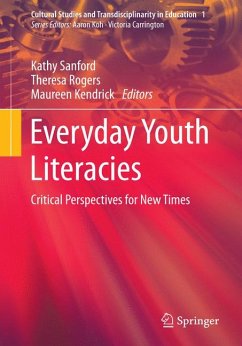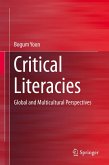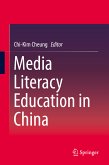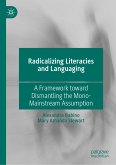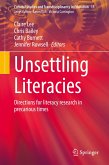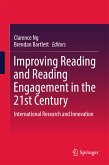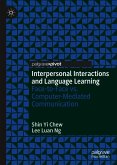The chapters do more, however, than merely offer reportage of a crisis in literacy education. The authors embrace the core challenge faced by educators everywhere: how to incorporate and utilize new modes of literacy in education, and how to realize the potential benefits of heterogeneous modern media in youth literacy education, especially in marginalized, remote, and disadvantaged communities. This volume expands our view of digital communications technologies and digital literacies to include complex understandings of how media such as translated videos can serve as learning tools for youths whose access to literacy education is limited. In particular, a number of contributing scholars provide important new information about the praxis of teachers and the literacies adopted by young people in Africa, a continent largely neglected by literacy researchers. This book's global perspective, and its ground-level viewpoint of youth literacy practices in a variety of locations, problematizes normative assumptions about researching literacy as well as about literacy itself.
Dieser Download kann aus rechtlichen Gründen nur mit Rechnungsadresse in A, B, BG, CY, CZ, D, DK, EW, E, FIN, F, GR, HR, H, IRL, I, LT, L, LR, M, NL, PL, P, R, S, SLO, SK ausgeliefert werden.
"This collection offers research on literacies most prevalent in an adolescent's life ... . The volume not only looks at the value of incorporating such literacies into student development but also explores the positive impact these literacies have had in a variety of world youth cultures ... . Summing Up: Recommended. Upper-division undergraduates, graduate students, researchers, professionals." (J. M. Stiles, Choice, Vol. 52 (7), March, 2015)

